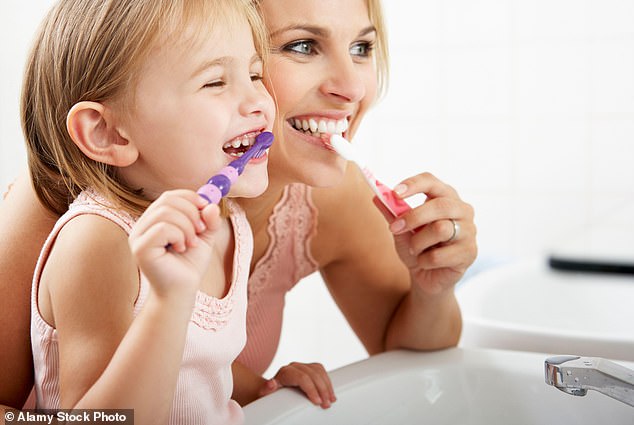
Toxic Heavy Metals Found in Popular Toothpastes, Including Kids’ Brands
A shocking investigation by Lead Safe Mama, a lead-poisoning prevention group, has revealed toxic heavy metals in major toothpaste brands like Crest, Colgate, Sensodyne, and children’s products from Hello, Orajel, and Tom’s of Maine. Independent lab tests of 51 toothpastes showed 90% contained lead, 65% arsenic, 47% mercury, and 35% cadmium—all neurotoxins linked to developmental issues, autism risks, cancer, and organ damage.

Health Risks and Regulatory Gaps
While none exceeded FDA limits (10,000–20,000 ppb for lead), two products surpassed stricter EPA wastewater standards (5,000 ppb for lead/arsenic). Experts warn that even trace exposure through ingestion, inhalation, or skin contact poses risks, especially for children. The CDC emphasizes there’s no safe level for lead or mercury.
Contamination Sources
Lead Safe Mama founder Tamara Rubin traced toxins to common ingredients:
- Hydroxyapatite (often from animal bones) for calcium absorption.
- Calcium carbonate for stain removal.
- Bentonite clay, a natural cleanser prone to heavy metal contamination.
Products with bentonite clay, like Primal Life Dirty Mouth Kids Toothpowder (exceeded EPA lead/arsenic limits) and VanMan’s Miracle Toothpowder, showed the highest toxicity.
Children’s Products at Risk
Three kids’ toothpastes—Orajel Kids (Paw Patrol), Tom’s of Maine, and Hello Fluoride-Free—contained concerning lead levels. Children are more vulnerable to heavy metals, yet current FDA rules don’t address toothpaste as strictly as food. Proposed baby food limits (10 ppb lead federally, 6 ppb in California) highlight the gap, as most tested toothpastes exceeded these thresholds.
Brand Responses
Crest defended its compliance with FDA standards but expressed interest in reviewing Lead Safe Mama’s methods. Other brands, including Colgate and Sensodyne, did not respond. Some companies dismissed findings as “trace environmental levels” or sent cease-and-desist letters, which Rubin publicized. None have committed to reformulating products.
Call for Accountability
Rubin condemned the findings as “unconscionable in 2025,” urging stricter regulations and transparency. With heavy metals pervasive in “natural” products, consumers are advised to check ingredient lists and consider safer alternatives like Orajel Training Toothpaste, one of five products testing clean.
As debates over safety standards continue, families face limited options in a market where even trusted brands may harbor hidden dangers.


